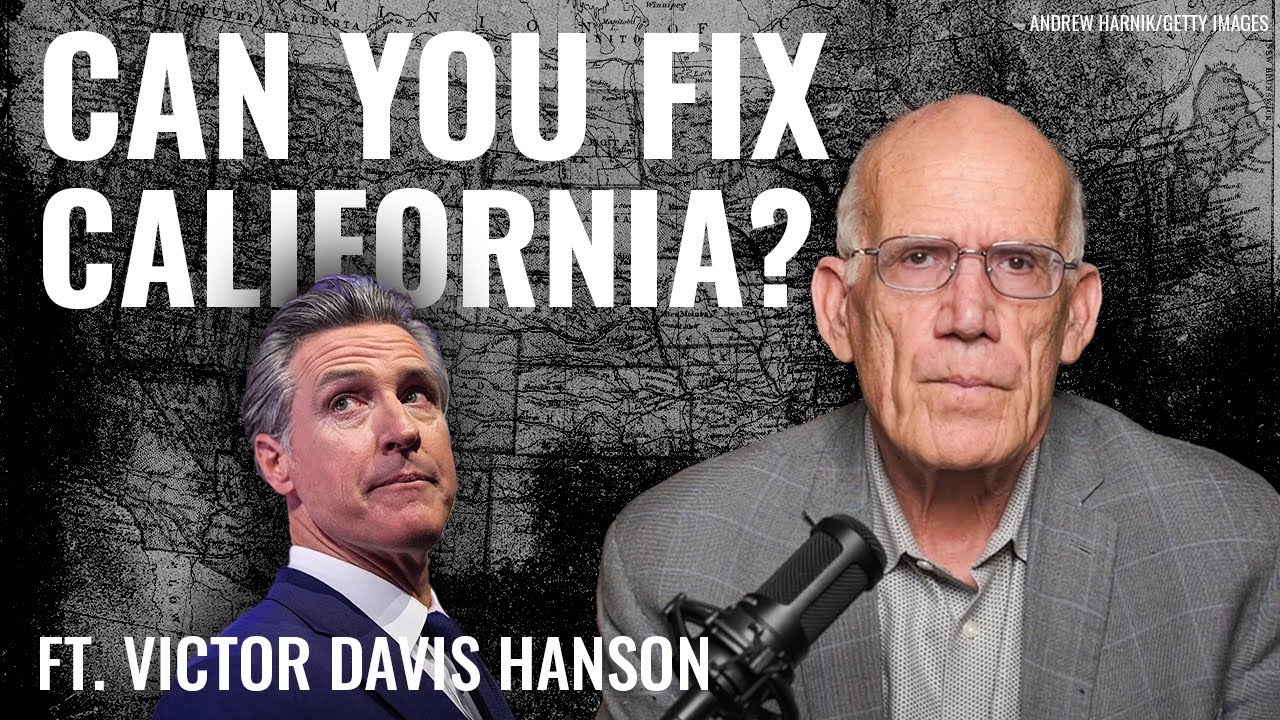
Two years after the Nova music festival massacre, survivors still battle a quieter war, the one against erasure.
The Morning the Music Stopped
Oct. 7, 2023, began with dancing. Thousands gathered at the Nova music festival near Re’im, close to the Gaza border, celebrating life under an open sky. By midmorning, the music was replaced by gunfire, and Hamas militants stormed the field, killing at least 378 people and taking dozens hostage. In the end, Israel calls that morning its darkest civilian massacre.
Advertisement
Within two years, commemoration has become its own kind of defense, with a nation remembering events through solemn exhibits and prayer vigils, even while a new enemy spreads doubt behind the scenes.
Memory Under Siege
In an exhibit titled "From Darkness to Light," at Jerusalem's ANU Museum of the Jewish People, the story of one survivor stands out: Noam Ben David, who hid for hours inside a garbage container after witnessing her "angel" murdered.
Nothing, she told ITV News, prepared her for the anguish and depression with which she has struggled for the past 13 months. Even harder is the grief for the man she calls her "angel", her boyfriend David Newman. "I relive it every day," she said. "It is a nightmare from which I never wake up."
The story of the Nova Festival – where Hamas killed 364 people - has been told many times, but familiarity cannot mask its horror. Noam escaped death by hiding in a deep, steel rubbish skip along with a dozen or more terrified young people. She shows us a video of them, crouched, fearful, and silent amid the bin bags, as automatic gunfire rings out.
David, believing rescuers were close by, asked her to count how many were sheltering. They were his last words. "Then I heard ‘Allahu Akbar’ and gunshots, and the last thing I heard from David was his last breath," she said. Noam was one of just four people eventually rescued from the hiding place.
Advertisement
In a raw and trembling voice, she shares her testimony through speakers in that museum. Unfortunately, copies of her voice are circulating online, distorted to claim that AI generated it.
When lies multiply faster than truth, remembrance itself becomes an act of rebellion.
Heroes and Doubters
Another Nova survivor, Tomer Meir, described how Bedouin villagers risked everything to shelter fleeing Israelis.
There was nowhere to hide as Hamas terrorists began their attack at the festival ground.
Meir and his friends took off on foot after trying to flee in their vehicle. He said they were ambushed by terrorists but managed to break free. It was survival mode.
"We saw a Jeep that was picking up people and got us to a better place in the field," he said. "We just jumped on the back of the Jeep."
Video shows Meir and his friend holding on to the back of the vehicle as it speeds through the open field. That was when they took a chance and got into another vehicle.
"Then a car filled with Bedouins ... and they saved our lives," he said. "Arabs saved me. It's also what's really motivating me to tell more of my story."
His message of gratitude and clarity cut through the chaos, but on social media, people are re-editing fragments of his interviews and then reposting them as "proof" that Israel has been lying about the massacre, denying it ever happened.
What's happening isn't anything new; it's only amplified. The same denialist strategies used against the Holocaust now stream 'live' on people's phones.
Advertisement
The Disinformation Machine
Researchers tracking Gaza wartime propaganda call the conflict one of the largest misinformation storms ever recorded.
As much as I hate using it as a reference, Wikipedia's Misinformation in the Gaza War does a reasonably good job by listing deepfakes, repurposed videos, and false captions that have reached millions.
Many of those campaigns trace back to bad actors in Russia, China, and Iran, with their goal being less persuasion than exhaustion, to make the truth seem unknowable.
Liars win when disbelief becomes habit.
Rebuilding in the Ashes
In the kibbutzim near the Gaza border, survivors wrestle with a question: rebuild or preserve the ruins. The publication Le Monde reported that residents of Be’er Sheva and Kfar Aza disagree over whether to leave burned-out houses as memorials or start anew.
This argument isn't just about concrete; it's about identity. When part of the landscape includes tragedy, rebuilding feels like erasing, while refusing to rebuild feels like surrender.
There's no clear answer for them to choose; nobody ever wrote a handbook about what to do when attacks on the innocent occur.
The Enduring Memorial
The Nova Festival Victims Memorial stands a few miles from the festival grounds; a granite wall etched with every known name. Despite the great number of visitors lighting candles, taking photos, and sharing them on social media, trolls immediately appear, calling the event staged.
Advertisement
Despite the effort by trolls (there are so many names I'd like to use, but this is a family channel), the wall isn't going anywhere, unmoved by hashtags or hoaxes.
When the truth has mass, no fingers will scroll it away.
The Second Trauma
Psychologists treating October 7 survivors describe a “second trauma”: the shock of seeing your story denied by strangers.
Healing's strength depends on repetition, retelling, reposting, and reasserting reality, which for some means deleting their social media accounts. For others, it means staying visible.
Each survivor has a choice between peace of mind and public proof. Both decisions, however, carry scars.
Truth That Refuses to Fade
In what's become a modern frontier of truth, two worlds compete for the same digital space. Visitors in Jerusalem still stop to hear Noam Ben David's trembling voice through museum speakers, while outside, her name trends alongside accusations of fakery.
Volunteers plant olive trees along the border, where the fields once burned. When survivors share verified testimony online, they're met with deniers flooding their feed. In what's become critical tasks, every repost, visit, and name read aloud keeps the ghosts from vanishing into the digital noise.
These are people, not echoes, and as long as their stories are told in museums, memorials, and even in the digital echoes deep in the internet, their stories will remain.
Advertisement
Final Thoughts
In our age, where lies wear filters and hashtags, some truths demand witnesses, and the act of remembering becomes its own form of resistance.
What the people sharing disinformation haven't quite learned yet is that tragedies such as October 7 can't simply be hashtagged out of existence; too many people watched with horror that dark day.
The people who survived don't need permission from anybody to tell their stories; they've already paid the price for proof.
Columns like this one survive because of readers who care about truth over trend. To support independent journalism that digs deeper and refuses to forget, and keep voices like these alive.
The Schumer Shutdown is here. Rather than put the American people first, Chuck Schumer and the radical Democrats forced a government shutdown for healthcare for illegals. They own this.
Help us continue to report the truth about the Schumer Shutdown. Use promo code POTUS47 to get 74% off your VIP membership.











